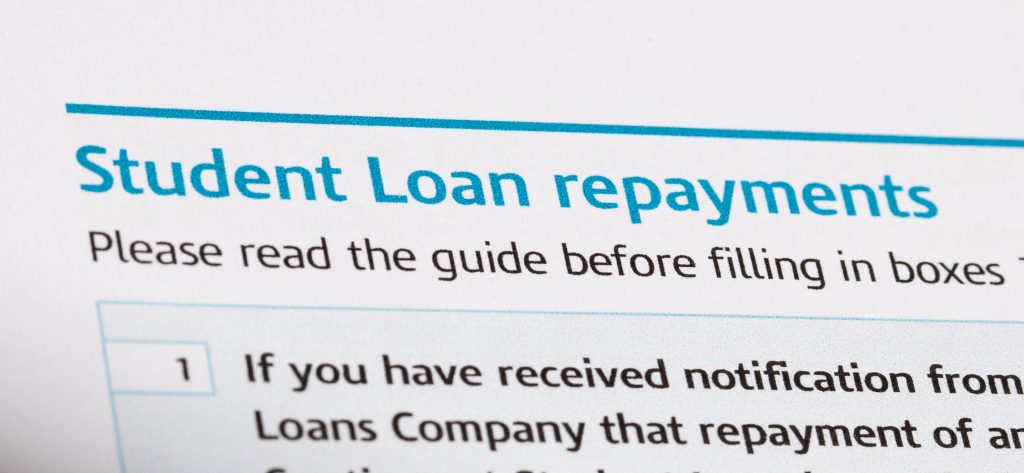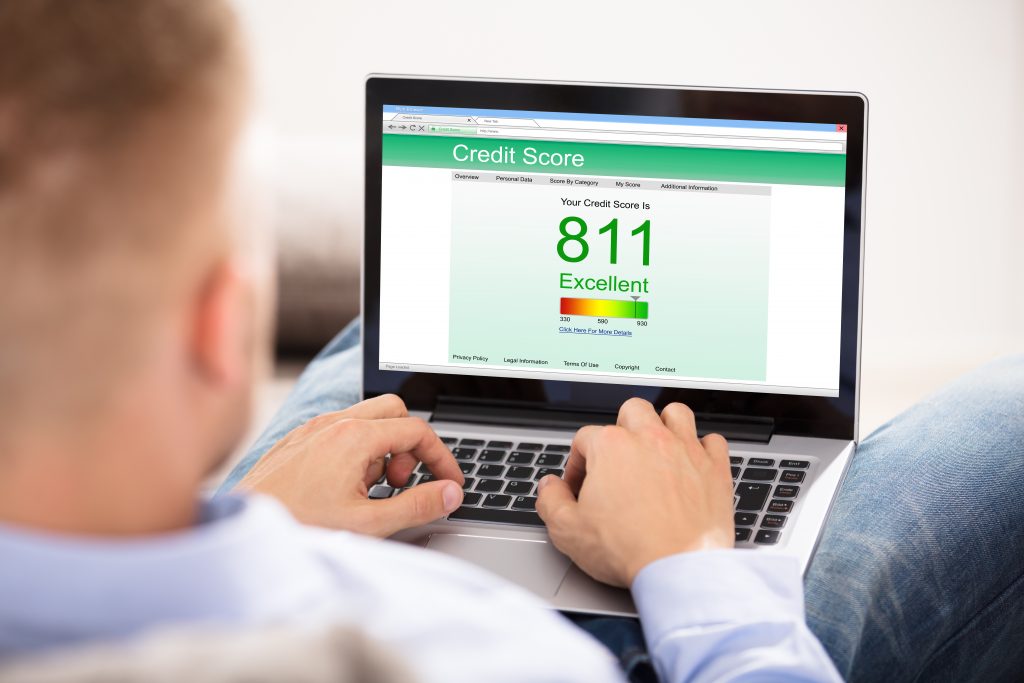If you have student loans, you have a loan servicer. And given the current uncertainties, you likely have questions to ask your loan servicer about coronavirus relief.
COVID-19, a highly contagious respiratory illness that was first identified in late 2019 and reached the United States by the end of January 2020, is a type of coronavirus. In March of 2020, the United States created the largest emergency relief bill in U.S. history that provides many types of relief, including student loan relief.
On March 27, 2020, the CARES Act (Coronavirus Aid, Relief, and Economic Security Act) was signed into law, and, among other areas of relief, provides broad relief to borrowers holding federal student loans. Most borrowers will benefit from the $2 trillion package that offers six months of relief.
To provide this relief, most federally-owned student loans have automatically been placed on interest-free administrative forbearance, allowing borrowers to stop making monthly payments, until Sept. 30, 2020. All federally-owned student loans have also had their interest rates dropped to 0%, so interest will not accrue during this time. If payments were made on or after March 13, 2020, loan servicers are able to refund payments at the request of borrowers.
If your loan is currently in default, you will not be subject to collections activities through Sept. 30, 2020. For borrowers seeking loan forgiveness either under income-driven repayment or the Public Service Loan Forgiveness Program, non-payments count as though they had been made before the pandemic.
Frequently Asked Questions About the CARES Act
Because of the complexity and many details within the CARES Act, borrowers have many questions about how the CARES Act impacts their loans and payments, especially with the uncertainty surrounding COVID-19.

Can my employer pay part of my student loans?
As part of the CARES Act, employers are able to pay up to $5,250 in tax-free student loan payments to employees, with the total not counting as income. If your employer is in a position to make this payment toward your student loans, you’re in the minority, as many employers are struggling financially. There are a few industries that are not struggling, such as health care, tech, and grocery chains.
What loans are available for the 0% interest rate and forbearance?
Student loans owned by the U.S. Department of Education are eligible for the 0% interest rate during the forbearance period from March 13, 2020, to Sept. 30, 2020. Loans that are included are defaulted and non-defaulted direct loans (subsidized and unsubsidized), defaulted and non-defaulted Federal Family Education Loan Program loans owned by the Department of Education, and Federal Perkins loans owned by the Department of Education. Some Perkins Loans may be owned by the school you attended, and some Federal Family Education Loan Program loans may be owned by commercial lenders. These are not eligible for the CARES Act.
My loans are eligible for the CARES Act benefits. What do I need to do?
Unless you want to continue making payments for your loans, in which case you would ask your loan servicer to opt-out of the administrative forbearance, there’s nothing you need to do. The adjustment to your interest rate and the forbearance period are automatic and effective from March 13, 2020, to Sept. 30, 2020. When the forbearance period ends, your servicer will send you a reminder, and your automatic payments will resume.
My payment plan is income-driven. Will my suspended payments count toward forgiveness?
Suspended payments count toward forgiveness for income-driven plans.
I paid my student loans after March 13, 2020. Can I get a refund since my loans are eligible for the CARES Act benefits?
Yes, you can get a refund if you paid your student loans on or after March 13. You need to contact your loan servicer for a refund.
I have a Federal Perkins Loan and a loan through the Federal Family Education Loan Program, both of which are not owned by the federal government. How can I take advantage of this forbearance period with a 0% interest rate?
Though privately owned, your school and lender have the option to provide these benefits. If they do not, you have the option of consolidating your loans into a Direct Consolidation Loan, which would then be eligible. It is important to note that once the 0% interest rate and forbearance period ends, the interest rate on your loan might be higher than what your current interest rates are for your loans. Also, any outstanding interest will capitalize (be added to your principal balance) when you combine your loans, meaning that in the long term, you’ll be paying interest on your older interest.
Who can I contact to learn about any changes to my interest rates or the possibility of forbearance?
To learn about your private or federal student loans, you should contact your loan servicer. Your paperwork will include information on your loan servicer and should include contact information.
How will COVID-19 impact the average student loan interest rates?
In response to COVID-19, the average student loan interest rate for federally-owned student loans is 0% through Sept. 30, 2020.
Are private loans eligible for the 0% interest period?
Private loans are not eligible for the CARES Act; however, some private lenders are offering to work with borrowers during this time.

My loans are eligible for the CARES Act; however, I don’t need economic relief. Should I consider paying off my loans in full now?
If you can, now is a great time to pay off your loans in full, as long as all of your higher-interest debt is already paid off. Your student loan interest is at an all-time low, where your payments are going to be concentrated in paying off your principal, lowering the total final cost of your loan.
My loans are eligible for the CARES Act, and I’m on an income-driven repayment plan. I just lost my job due to COVID-19, and my income has plummeted. I don’t know when it will be back where it was. What should I do?
Because your loans are eligible for the CARES Act, you are already on the administrative forbearance with a 0% interest rate. You can apply to have your income recalculated and get a new payment amount, adjusted for your income.
My loans are eligible for the CARES Act benefits, but I’d still like to make payments. How will that impact my loans?
If you would like to continue to make payments, you need to contact your loan servicer and tell them you want to opt-out of the administrative forbearance. When you make payments during this time, since the interest rate is set to 0%, your payments will go directly toward the principal of your loan once all of the interest that accrued prior to March 13, 2020, is paid. You are allowed to make payments of more or less than your regular payment amount at this time.
Do suspended payments count toward Public Service Loan Forgiveness?
If you and your employer meet the requirements for the Public Service Loan Forgiveness, you will receive credit toward the loan forgiveness as though you made payments.
My loan is in default. Will my suspended payments count toward rehabilitation?
Suspended payments will count toward the rehabilitation of defaulted student loans.
There is so much information online, but I don’t know what to trust. What are some of the best resources?
Government sources are the most accurate places to learn about the CARES Act and include:
- The federal student loan website
- Federal student loan servicers
- The CDC’s COVID-19 page
- The USA government coronavirus page
- The Department of Education’s COVID-19 page
- The website for Information for Financial Aid Professionals.
Will this period of forbearance hurt my credit score?
This forbearance will not negatively impact your credit score; it will be as though you made your payments on time each month.

Someone called me and said there is a fee to suspend my payments. Is that true?
Absolutely not. The federal government does not ask for a fee to suspend your payments; in this case, the forbearance is automatic. If someone has contacted you, it is a scam, and you should report them and your experience to the FTC.
Additional Questions
Many of the most common questions being asked to loan servicers have been answered above; however, you may still have more questions that can easily be cleared up by calling your loan servicer to receive specific-to-you advice and information.
Some questions you might want to ask include:
- With my current loans, how would consolidating them into a CARES Act eligible loan impact my payments now and in the long run?
- How do I make partial payments of varying amounts during this deferment?
- If I need to defer my payments past the CARES Act timeline, what are my options?
- I have a job right now but anticipate my hours changing drastically. I’m not ready for an income-based repayment plan currently but expect to be in the future. When should I start the process of changing my plan?
- I’m seeking loan forgiveness, and want to see how making payments now will impact the rest of my remaining payments. Can you help me calculate the differences?
- If the CARES Act is extended, or something else is created to extend the administrative forbearance, how will that impact my loans?
To best prepare for calling your loan servicer, be sure to have all of your questions written down, as well as your loan information. Be prepared for long wait times, and remember, your loan servicer is there to help you as you learn about the best options for you.
As COVID-19 continues to impact our daily lives, we at College Finance are here to guide you through your college-related financial decisions. Whether you need to learn about repayment plans, stay up to date on what loans and scholarships are available for your prospective college, or want to learn about creative ways to pay off student loans, we are here to lead you down your financial path. To get the latest information, be sure to sign up to get emails straight to your inbox.


